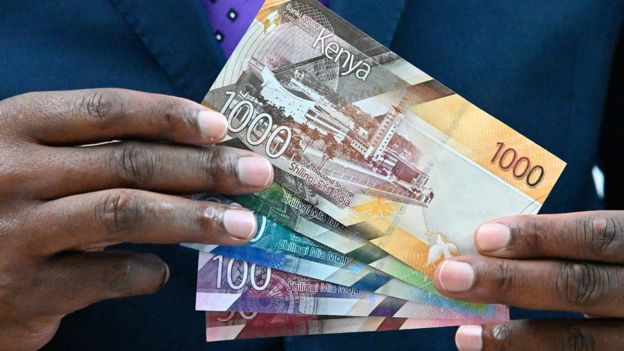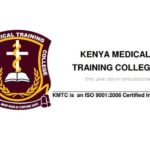So you just landed a new well paying job?
Here’s how to save and invest your money in the right way

1/ Create a Budget.
If you do not tell your money where to go, you will always wonder where it went. Separate your needs from your wants. If you do not budget your money, it will never be enough to cater for your needs.
2/ Keep track of your expenses.
Know where your money is going. It’s not the big expenses that waste our income. It’s the small and miscellaneous expenses that cumulatively do the damage. “If you take care of the coins, the notes will take care of themselves.”
3/ Cultivate a savings culture early on.
It’s not how much you earn that matters, it’s how much you keep that matters. Prioritize savings over expenses. Do not save what is left after spending, spend what is left after saving.
4/ Where do you save your money?
The best saving avenues are SACCOs and Money Market Funds. They have higher returns than banks’ savings and fixed deposit accounts. And they also have return rates that beat the inflation rate.
5/ For SACCOs
You can borrow 3x your savings at lower interest rates. – You get dividends on your share capital – You get interest on your deposits. To learn more about SACCOs, see this thread:
6/ For Money Market Funds
– They require as little as Sh 100 to get started. – You can add up your savings at any time and with any amount. – You also get to access your money within 2-3 days To learn more about MMFs, see this thread:
7/ Create an Emergency Fund.
Once you have a good foundation in personal finance management, it’s now time to get ready with investing. An emergency fund is a pool of resources that should cover your normal expenses for a minimum period of 6 months.
8/ Why is it important?
It will help you avoid selling your long term assets whenever you have a financial emergency. – It will help you sleep well at night knowing that you have a financial back up – It will come in handy in case of a future job loss, or any other emergency
9/ Saving is for the poor, investing is for the rich.
With small amounts of money, focus more on saving more money or increasing your income first. Worry less about investing returns as they do not matter that much in the short term.
10/ If Total Assets x Expected Annual Return
Expected Savings, This means that your savings are earning you more than your investments, so you should focus more on saving more money However, if your assets can earn you more than your savings in a year, focus more on investing
11/ Remember Cash is King Cash is the most basic building block of a portfolio.
You should never run out of cash to meet your expenses. If you keep the cash portion of your portfolio secure, it can hold up the rest of your wealth through the worst times119132
12/ Prioritize liquidity.
No matter how valuable an investment may be, it’s of no practical value to you unless it’s liquid when you need to cash out. Investors perish if they have no liquidity.
13/ Run, then walk.
Try to save and invest as much money as you can early in your career for maximum returns in your retirement. Money invested earlier grows more than money invested later. Compounding money is also easier than saving money.
Finally: Remember that saving is as important as spending. Invest in meaningful experiences that will enrich your memories as you grow old. Also, learn early on that money is never enough. Don’t die chasing more money.














